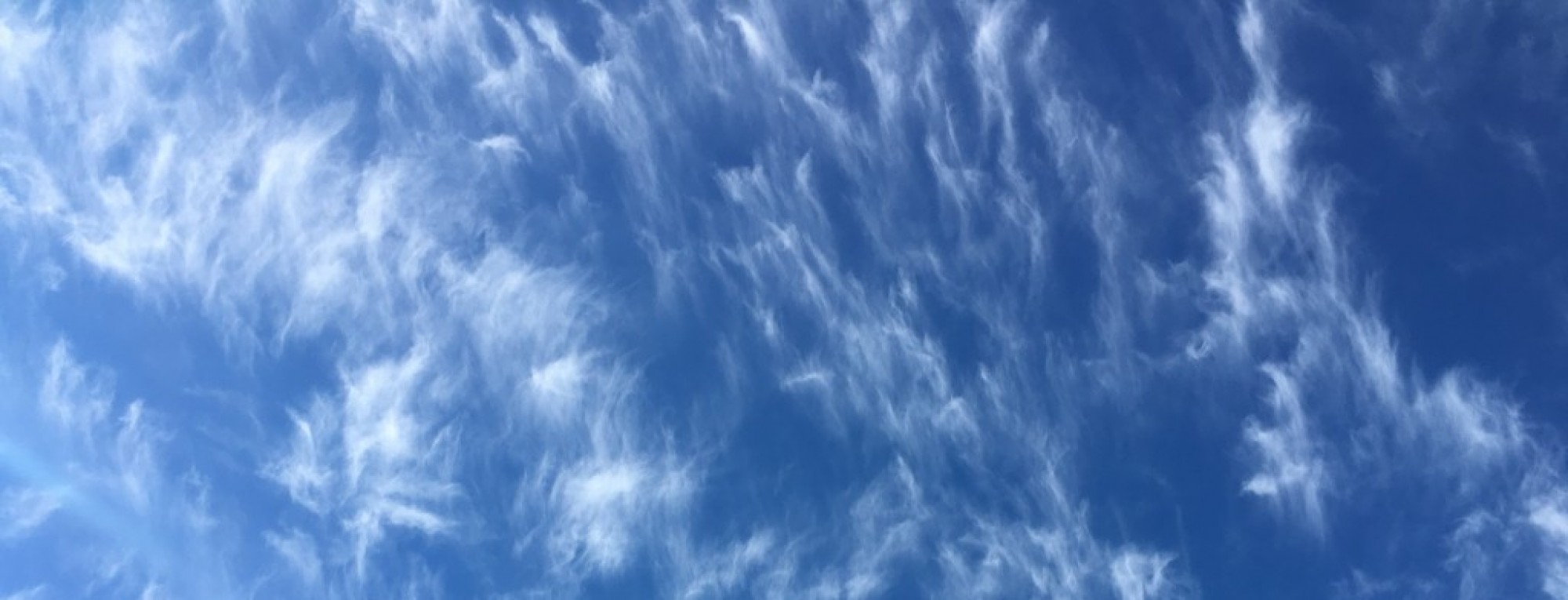BUFFALO, Oct. 13 — An unusual early-fall snowstorm buried Buffalo and a broad swath of New York State reaching east to the Rochester suburbs late Thursday and early Friday, snarling traffic, snapping power lines and leaving almost 400,000 homes and businesses without electricity.
A fall snowstorm snarled traffic and left thousands without electricity Friday in western New York State, where a state of emergency was declared. At least three deaths have been attributed to the two-day storm, which dropped about 22 inches of snow in Buffalo.
Officials attributed three deaths to the storm. Two died in automobile accidents, and a third was struck by a falling branch.
Even in Buffalo, where the ability to endure severe weather is a source of civic pride, few expected a snowstorm like this in mid-October – including those who predict them.
Don Paul, a meteorologist at WIVB-TV4 in Buffalo, has worked in the area for more than 20 years. "Of all the events I’ve seen here, this storm involves the most widespread devastation in the most populated area," he said. "It’s absolutely an historic storm."
According to the National Weather Service, 8.6 inches of snow fell Thursday, breaking the previous mark for the month, 6 inches, set on Oct. 31, 1917. About 14 inches fell on Friday, for a total of 22.6 inches at Buffalo Niagara International Airport.
"Our crews were wrapping up their workdays yesterday and the weather forecasters were still talking about rain," said Steve Brady, a spokesman for National Grid, which provides electricity to Buffalo as well as its largest suburbs. "We’ve had windstorms in the fall and ice storms in the fall, but never a snowstorm like this, this early."
After surveying the devastation from a helicopter Friday afternoon, Gov. George E. Pataki declared a state of emergency in four counties at the western end of the state.
"We know people are going to be without power for some time and presumably without heat for some time as well," Mr. Pataki said, noting that Mr. Brady said it could take until next weekend to restore power to nearly 400,000 homes and businesses in the region. "It’s never quick enough."
Mr. Brady estimated that 261,000 National Grid homes and businesses – about half of its customers – as far east as Brockport, near Rochester, were without power. And about 125,000 customers served by New York State Electric and Gas were also without electricity as of Friday afternoon.
The situation was especially severe in Buffalo, where Mayor Byron Brown said about 70 percent of the city’s 285,000 residents were without electricity.
Heavy wet snow started falling about 2 p.m. Thursday. Snow built up on the leaves and branches of trees, bending and breaking even the healthiest of trunks.
Heightening the clash of seasons, lightning flashed through the night and loud claps of thunder mingled with the cracks and pops of trees giving way under the weight of the snow.
"It sounded like gunshots," said Percy Jackson, 18, who spent the day off from school shoveling sidewalks.
The falling trees severed power lines, damaged cars and houses, and blocked countless streets.
Besides closing area schools and most businesses, the storm disrupted schedules at area hospitals. All elective surgeries at Women and Children’s Hospital of Buffalo were postponed, said Cheryl Klass, president of the hospital, and staff members slept at the hospital between their 12-hour shifts.
A 105-mile stretch of the New York State Thruway – from Dunkirk northeast to Rochester – was closed for much of the day as crews worked to clear the highway, said Sarah Kampf, a spokeswoman for the New York State Thruway Authority.
"There are some jackknifed tractor-trailers," Ms. Kampf said. "Mostly, though, it just needs to be plowed."
Many motorists were stranded along the snow-choked thruway, but personnel traveling on snowmobiles delivered food and water to them.
"Our Buffalo division was prepared for what they were reporting would fall," Ms. Kampf said. "But it was quite a bit more than what was being reported."
Despite the lack of electricity and the disruption of some phone service, Mayor Brown said order was maintained in the city.
"We have seen no spike at all in criminal activity," Mayor Brown said.
But the warmth of the sun, which came out Friday morning, was a mixed blessing, because the mayor said the melting snow could lead to even more power failures.
According to Mr. Brady, "As the snow melts and trees start to stand back up, they can whack wires going back up in the other direction. And if the wind starts to blow pretty good, that could cause a problem for us."
Residents and officials braced for the possibility of flooding caused by the combination of melting snow and rain that was forecast for the weekend. Temperatures are expected to stay in the 40’s.
Governor Pataki said it was too early to estimate how much it would cost to clear the highways and restore electricity.
"I’m not even going to think about the cost at this point," he said. "The important thing is to make sure people are safe and get their lives back to normal."
